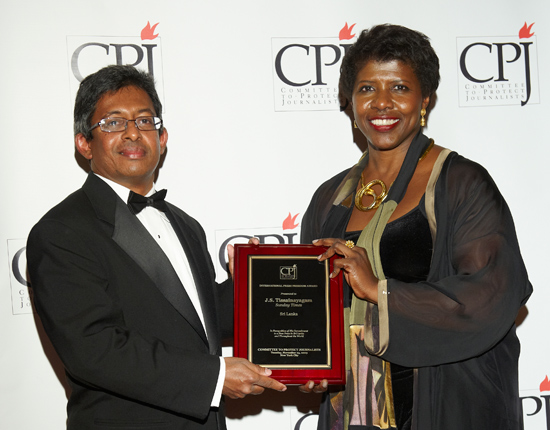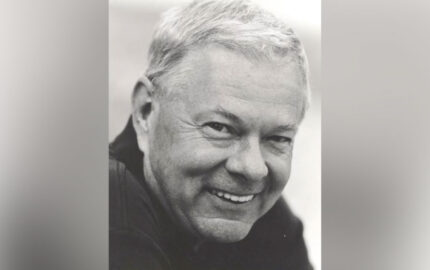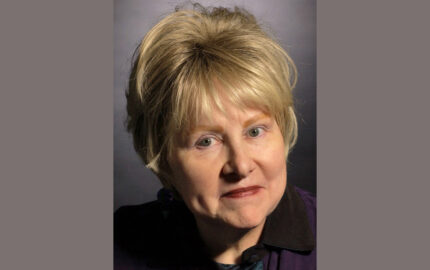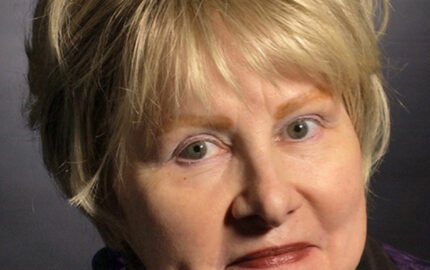
Outstanding journalists at the forefront of the battle for press freedom were honored Tuesday, Nov. 24 at the Committee to Protect Journalists' 20th Annual International Press Freedom Awards benefit dinner. Among those honored was J.S. (Tissa) Tissainayagam, a formerly imprisoned Sri Lankan journalist who was given a CPJ International Press Freedom Award in 2009, received his award in person. Tissainayagam is a 2011 Nieman Fellow.
Read more
Read more about Tissa's imprisonment
Tissa's Remarks
Ladies and gentlemen
My apologies for being late – late by one year that is, to collect my award. Late or not however, it is great honour to be here in New York this evening among you. I wish to thank most sincerely the CPJ and the many individuals and organisations who worked so tirelessly in securing my release and safe passage to the US.
Sri Lanka needs no introduction on the perils of journalism. CPJ and other watchdogs of media freedom testify to it through statistics of journalists who, in the course of performing their professional duties were killed, made to disappear, assaulted, arrested or detained.
In this sorry tale of media repression, I would like to highlight one case that is to me emblematic of what befalls people who have the courage to defy the odds, speak the truth and ultimately pay the price. Sri Lankan web journalist and cartoonist Prageeth Ekneligoda disappeared on the evening January 24th this year. It is 300 days since his disappearance and the government of Sri Lanka is yet to commence credible investigations on his case.
Governments which systematically suppress freedom of expression understand that while journalists can be silenced by inflicting physical violence on them, there are far more powerful and subtler deterrents to achieve the same end.
I am referring here to labelling. I remember only too well how the Sri Lanka government-controlled newspapers, television and most of all the government websites, mounted a campaign vilifying me when my case was before Court. They did not bother to meet the legal arguments put forward by my lawyers – they only publicly denounced me as a terrorist.
Unfortunately, demonising journalists by calling them names is not exclusive to Sri Lanka. Many of the other awardees tonight too faced the same fate. Another example is my friend and colleague Hollman Morris, prize-winning Columbian journalist who was repeatedly reviled by President Alvaro Uribe’s government as a ‘terrorist’ because he reported human rights abuses.
In India, Booker Prize-winning author and human rights activist Arundhati Roy’s remarks calling for justice in Kashmir was labelled ‘seditious’ by a section of the Indian government.
Within the United States too, lawful dissent guaranteed under the First Amendment has been defined as ‘terrorism’ by some law enforcement agencies, thereby subjecting antiwar protestors, environmentalists and religious groups to heightened surveillance and infiltration.
By labelling journalists and other dissenters as enemies of the state, governments manipulate the public to retreat from evaluating news objectively. So that journalists are tried and convicted not by the courts of law, but by a public mesmerised by government propaganda.
Ladies and Gentlemen, while we are all worried about bottom-lines and our shrinking budgets in the news business, I ask you to spare a thought for the shrinking space for dissent in our profession.
Journalism and non violent dissent is not terrorism, and should not be labelled as such. I appeal to you to campaign that such labels are not used to silence us and our colleagues around the world.
Thank you….


